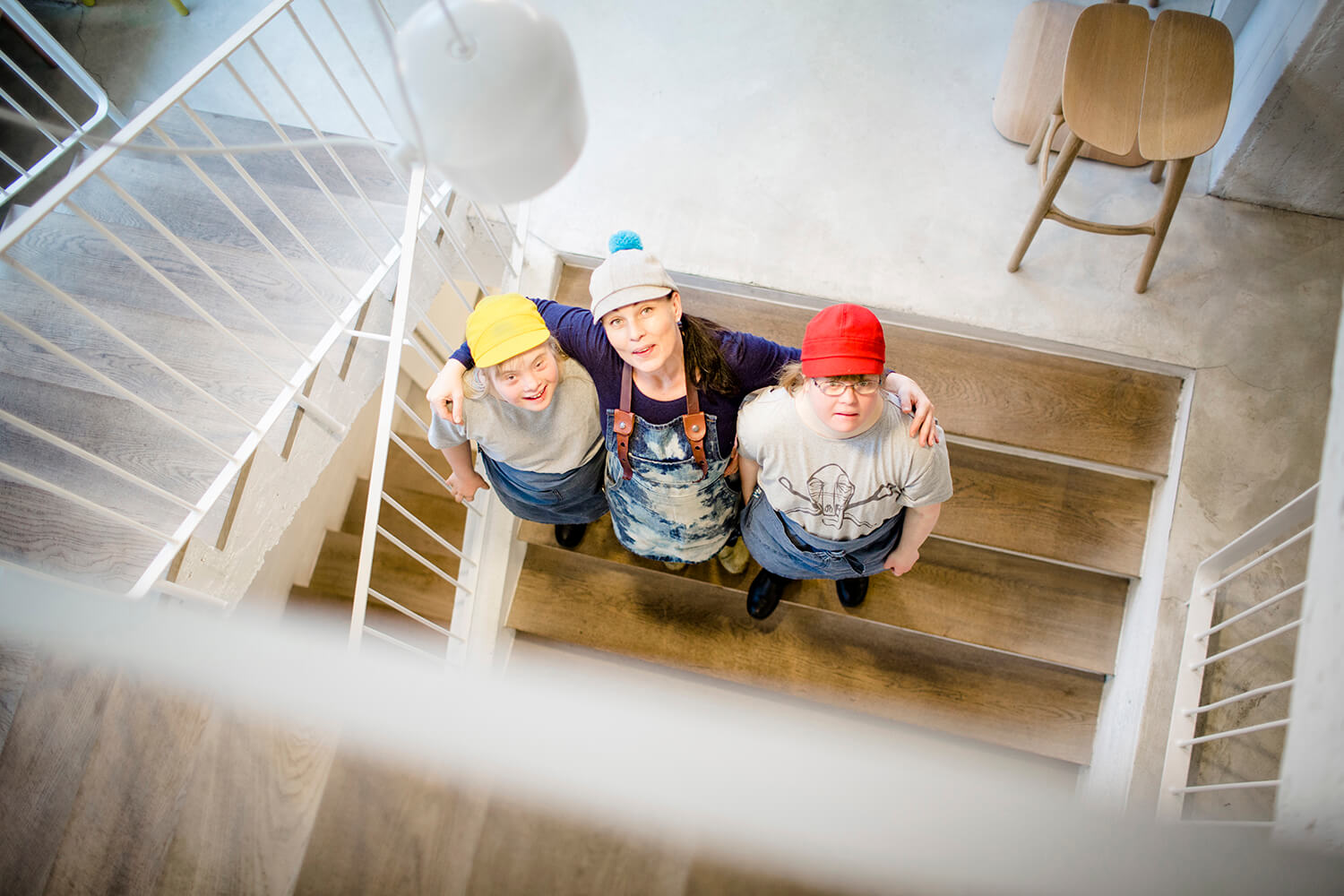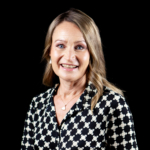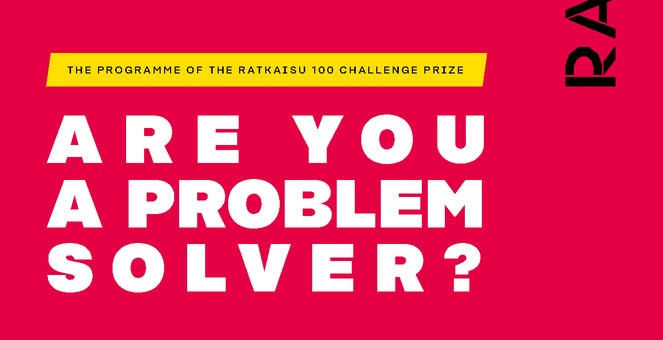Sitra selected the 15 from a total of 231 team applications to participate in solving the challenge of recognising and making the best use of people’s skills and ability.
“It is wonderful to see how much potential Finland has for innovation. Developing a good solution definitely has nothing to do with age, gender or where the person lives,” says Kalle Nieminen, who is a specialist in the Ratkaisu 100 challenge prize at Sitra.
Applications were received from all over Finland, from Kittilä to Kotka, and they approached the challenge of recognising competence from very different points of view. The themes that frequently came up in the applications were the future opportunities of young people, the changing working life and the recognition of the abilities of immigrants. The solutions relied both on the possibilities provided by rapidly evolving technology and on human-centred operating models.
All applications received by the deadline were assessed according to the criteria determined in advance: when the teams were selected, their expertise in analysing the problem set by the challenge and their experience in developing ideas into working solutions were taken into consideration. Those selecting the final 15 evaluated the teams’ ability to precisely define and clearly present the problem, their creativity and their novel approaches to developing a solution.
“The role of the team behind a successful innovation is emphasised in the selection criteria,” says Nieminen. “For the solution to be successful, it is important both to have an in-depth understanding of the problem to which a solution is needed and to set up a team that is capable of developing a solution. Even a good idea will not take off if its implementation remains half-complete.”
Who will win?
The teams selected for the competition will continue to develop their solutions with support from Sitra. This support will mainly consist of expert workshops, a trip abroad, mentoring, support with communications and financing.
The person responsible for the development of the teams at Sitra is Riina Pulkkinen, a challenge prize specialist.
“The workshops and the excursion are intensive development spurts aimed at deepening the teams’ understanding about the problem to be solved, getting to know the end users, focusing on the scaling of the solutions and measuring effectiveness,” says Pulkkinen.
The competition jury will choose the eventual winners based on the final competition entries, and the winners will be awarded a total of one million euros to implement their solution. In the final competition entries, the effectiveness, innovativeness and feasibility of the solution will be taken into account. The winners will be revealed during the celebrations to mark Sitra’s 50th anniversary on 16 November 2017.
The teams for the Ratkaisu 100 challenge prize
Empatiamuseo (The Empathy museum)
Aino Heikkinen, Virve Miettinen, Ulla Teräs
According to the team, empathy is an increasingly important skill in a rapidly changing global world. By improving our ability to empathise, we learn to see things from the point of view of others and to recognise each other’s skills and capabilities. The team’s solution increases people’s empathy, interaction skills and group dynamics.
GoCo – Kohdeorientoitunut yhteistyö (Target-oriented co-operation)
Jörkki Hyvönen, Tomi Malmström, Jari Salo, Iikka Virkkunen
Organising work in temporary or changing situations is at the core of the team’s solution to the problem. With its platform solution, the team provides the tools for forming efficient temporary organisations and building co-operation.
GoDo
Jussi Hurmola, Jaakko Roppola, Carita Savin, Tarmo Toikkanen, Jouni Viitanen
The team will tackle the problem created when people move around the world but learning remains on a local level and within organisations. The team’s solution provides all learners with skill paths to a global and mobile world in which experts, mentors and peers help people to gain a command of different skills.
Haaste.fi
Juha Hakala, Heli Karjalainen, Mikko Kinnunen, Ville Laitila
The competence and skills of children and young people are improving everywhere. Nonetheless, it is only the learning that takes place at school that is valued and there are serious problems in recognising talent. The proposed solution gathers together the challenges directed at young people, encourages young people to respond to those challenges, improves their future-oriented skills and gives them an opportunity to find their own thing.
Integrify
Lasse Diercks, Niklas Lahti, Daniel Rahman
The team takes on enhancing the integration paths of immigrants. The solution offers training and connections to businesses to immigrants.
Joukkoistettu vertaismentori (Crowdsourced peer mentor)
Noora Holmström, Mona Koskinen, Samuli Paavilainen, Joonas Pihlajamaa
The team takes on the challenges and opportunities generated by the rapidly changing working life and the relationship between the supply and demand for labour. The team’s solution supports lifelong learning through peer mentoring.
Keinoälytyövoima tehostamaan ihmisen toimintaa (AI labour to boost human activities)
Harri Ketamo, Jari Multisilta, Anu Passi-Rauste, Sanna Vahtivuori-Hänninen, Peter Vesterbacka
The team’s solution generates a new type of co-operation between people and machines. In this co-operation, artificial intelligence and bots work as partners of individuals, helping people recognise their competence in the changing needs of working life.
MySteps
Kaija Appelqvist-Schmidlechner, Anu Castaneda, Mirja Ihanus, Timo Partonen
The team works to solve the conundrum of a young person who cannot get a place to study or find employment after finishing comprehensive school. The team’s solution is a co-operation model designed for comprehensive schools and Employment and Economic Development Offices to help young people identify their talents and abilities.
OK App
Kai Hakkarainen, Jari Lavonen, Katariina Salmela-Aro, Barbara Schneider, Tuomas Teuri
Many young people in Finland do not enjoy being at school and especially boys and those from an immigrant background fall behind. The team works to solve the problem by using a mobile application to identify optimal moments for learning.
Osaamisbotti (Competence bot)
Janne Granfors, Tommi Koistinen, Jussi Lampainen, Jaana-Piia Mäkiniemi, Jari Ovaskainen
The team works to solve the challenge of how competence can be made visible. For example, looking for work is challenging when the competence requirements for organisations keep changing fast and people increasingly acquire learning from beyond their studies for qualifications and degrees. The team’s solution automates the building and updating of competence profiles and makes it part of everyday communication tools.
Positiivinen CV (Positive CV)
Elina Paatsila, Lotta Uusitalo-Malmivaara, Salla-Maarit Volanen, Kaisa Vuorinen
The team works to solve the challenge young people face in gaining self-knowledge and finding their strengths and their own direction. The team’s solution helps every child and young person recognise and document their internal processes, competence and strengths, together with their immediate environment.
Skillhive
Jussi Ahtikari, Miia Kosonen, Johanna Kotipelto, Jaakko Naakka, Janne Ruohisto
The team works to solve the challenge of the ineffective use of skills and abilities in finding solutions to societal problems. The team relies on “swarm intelligence” and its solution enables flexible and efficient recognition and combining of expertise across the traditional organisational boundaries.
Tsampo
Mikko Heiskanen, Antero Järvi, Niklas Nordström, Hannah Suvivirta, Jimmy Takki
The team aims to boost scientific processes and enable more efficient and wider use of scientific potential. Its solution enhances the work of researchers and promotes encounters between experts.
Tytöt ja teknologia (Girls and technology)
Marja-Leena Haataja, Anna Kolehmainen, Eija Leinonen, Leena Paaso, Hanna Ylönen
Among female students in OECD countries, Finnish girls are the least interested in studying technology and natural sciences, although their education results are among the best in the world. The team works to find a solution to how we can make use of the potential of girls who are talented at mathematics and natural sciences.
Ura-avain – ovet auki työelämään! (The key to a career – opening the doors to working life!)
Petri Helander, Sami Helle, Teuvo Merkkiniemi, Atte Palomäki, Marja Visti-Koskinen
The team works to solve the problem of social exclusion among people with developmental disabilities. With its solution, the team gives people with developmental disabilities the opportunity to improve their competence and enhances their participation in society.
Ratkaisu 100 is part of the programme celebrating the 100th anniversary of Finland’s independence and the 50th anniversary of the Finnish Innovation Fund Sitra in 2017.




Find out more